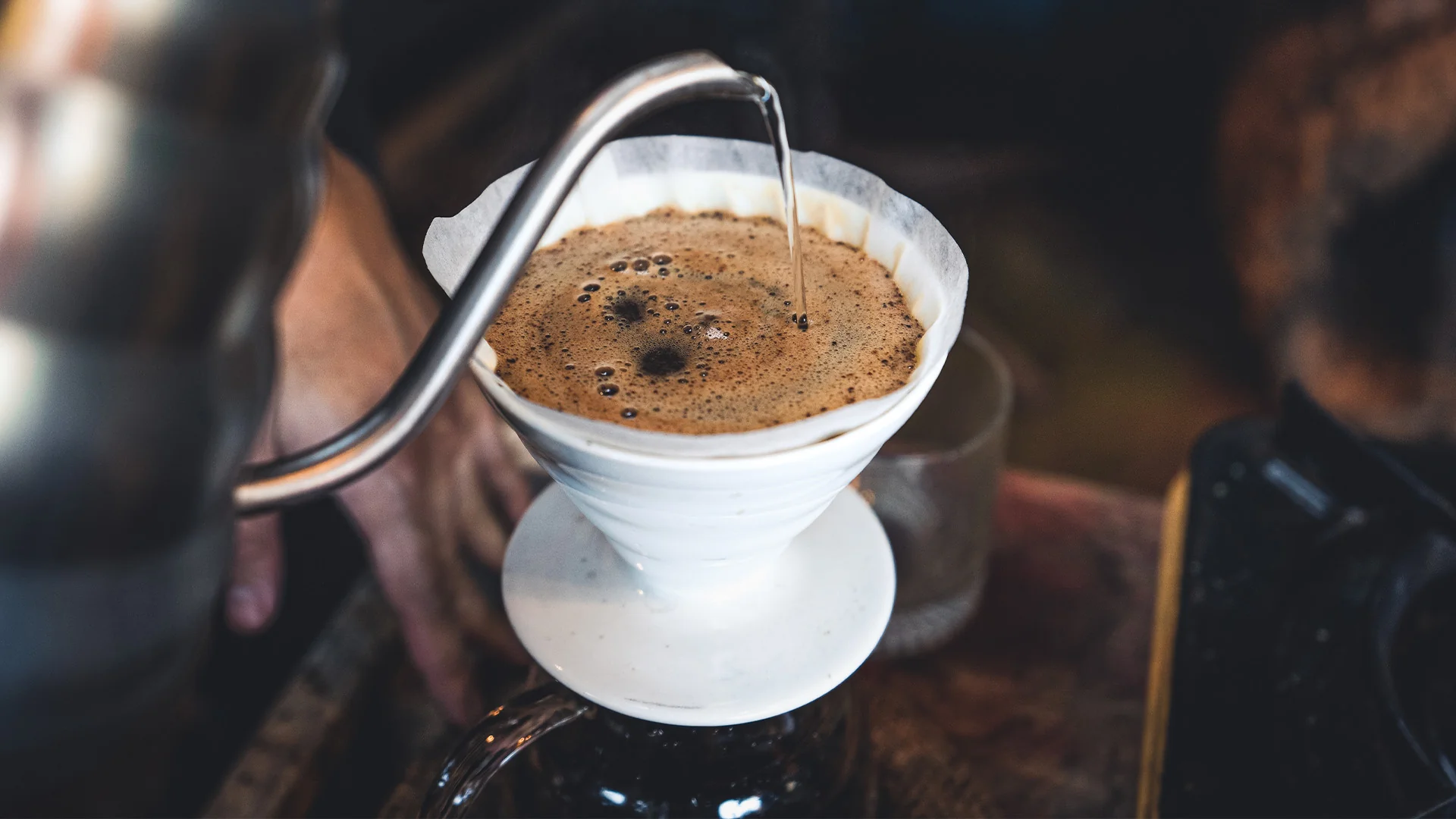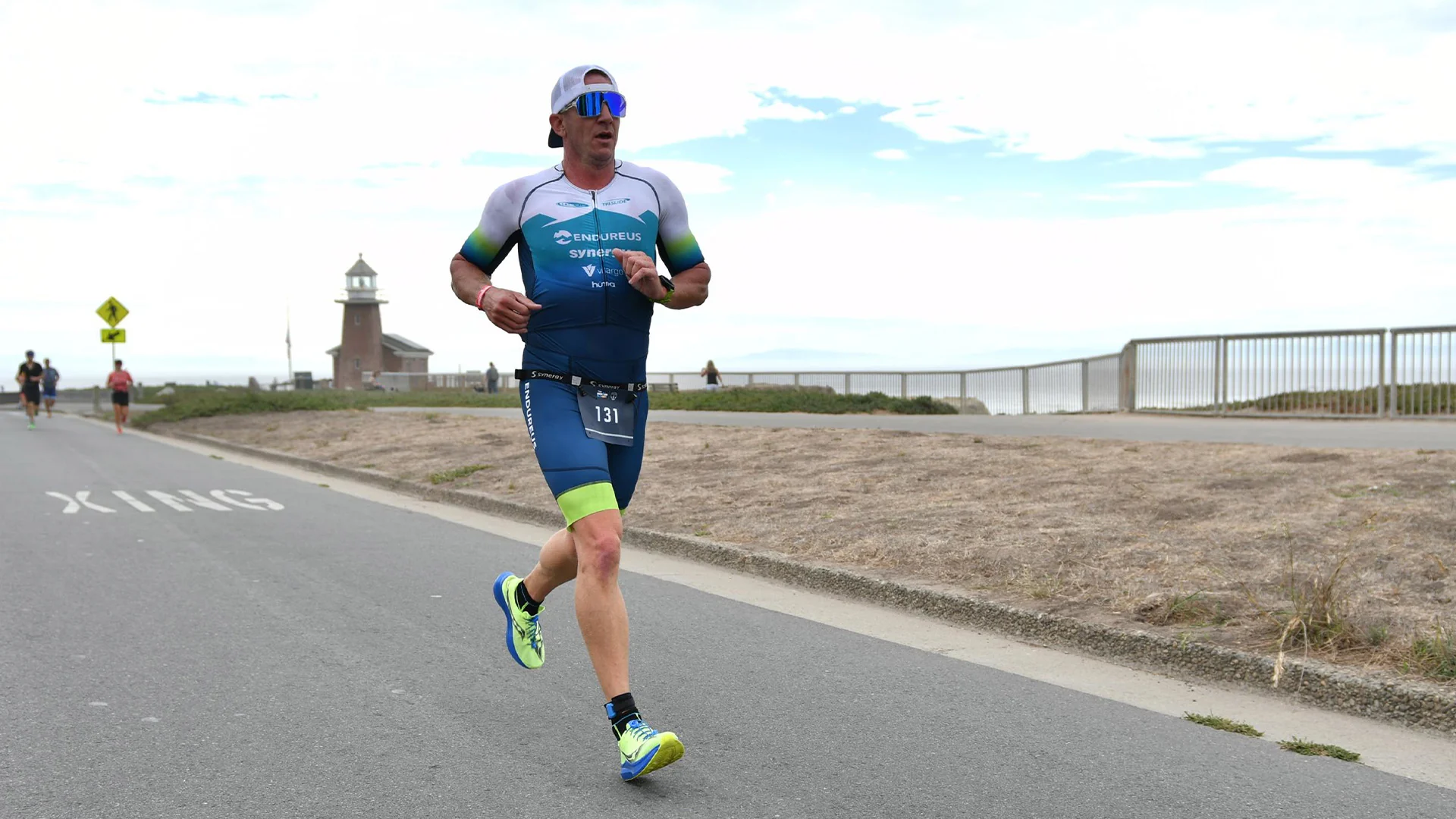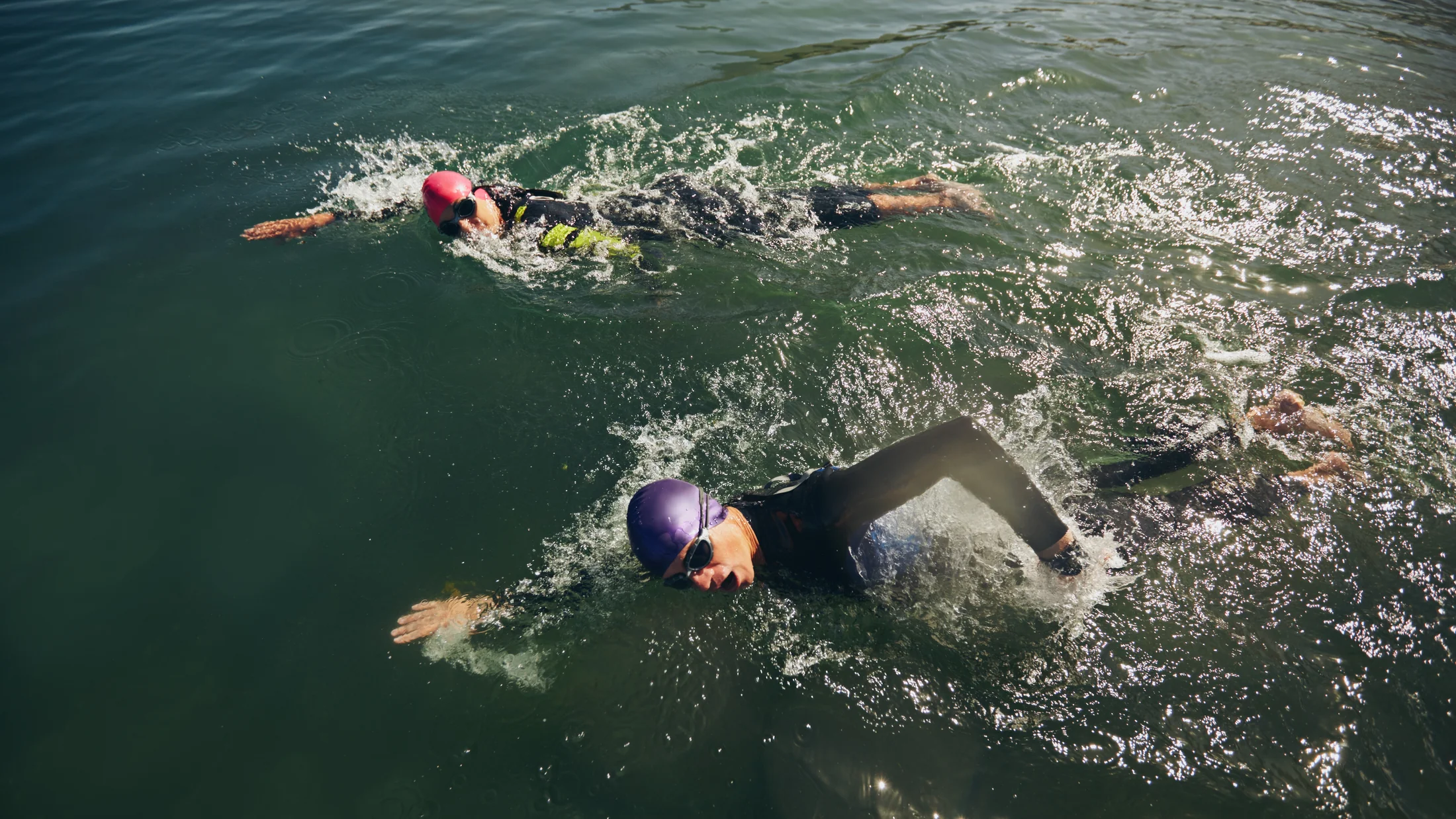Endurance athletes and caffeine go hand in hand. From morning coffee rituals to caffeine-infused sports nutrition products, it seems vital to our routine. As triathletes, we often rely on caffeine to keep us alert, energized, and functioning at our best.
One of my favorite parts of weekend workouts with Orange County Endurance members is grabbing coffee post-workout and sharing training stories. But could our daily caffeine consumption affect our performance on race day?
Caffeine, found in popular beverages like coffee, tea, energy drinks, and soda, is the most widely-consumed stimulant worldwide. We know its benefits as an ergogenic aid, reducing fatigue perception and aiding in sustained intensity during prolonged workouts. However, regular caffeine users are often cautioned that their tolerance may diminish the stimulatory effects on race day. To explore this further, a recent study by Carvalho et al. (2022) examined the impact of habitual caffeine consumption on the potential benefits of caffeine for both trained and untrained individuals across different sports types (endurance, power, and strength).
Understanding How Caffeine Works
During Exercise, Caffeine acts as a potent stimulant due to its structural similarity to adenosine, a compound responsible for inducing tiredness. Caffeine functions as an adenosine antagonist by blocking adenosine from attaching to brain synapses that signal sleepiness. Additionally, caffeine indirectly affects the release of other “feel-good” neurotransmitters like norepinephrine, dopamine, serotonin, glutamate, and potentially neuropeptides. With the brain not receiving fatigue signals and instead feeling excited, individuals experience increased alertness and focus.
Caffeine’s acute benefits during exercise include positive impacts on muscle endurance, strength, and aerobic performance, backed by moderate to high-quality evidence. However, some studies suggest that habitual caffeine users may diminish the positive effects of caffeine over time. The study above aimed to determine whether this was the case by analyzing the existing research on habitual caffeine consumption.
Does Daily Caffeine Consumption Diminish its Effectiveness on Race Day?
For inclusion in the meta-analysis, intervention studies needed to compare acute caffeine supplementation (of any type) before exercise with a control group that did not receive caffeine supplementation—the outcomes measured exercise performance or capacity changes. Of the screened studies, 60 met the criteria and were included in the analysis, involving 1137 participants (84% male). Among the participants, 718 were trained athletes, and 400 were untrained.
Statistical analysis indicated a small overall positive effect of caffeine supplementation on exercise outcomes across endurance, power, and strength, regardless of regular caffeine consumption, sex, or training level (trained vs. untrained). Furthermore, this positive effect was observed when the acute dose of caffeine was below 6mg/kg body weight but not higher. This finding aligns with previous literature suggesting that quantities between 2-6mg/kg body weight effectively enhance performance for most athletes.
Additionally, caffeine’s positive impact on exercise persisted regardless of whether the acute dose used in the study was higher or lower than the participants’ regular daily caffeine intake or if the research protocol included a withdrawal period before the study. However, a limitation of these findings was that only 24% of the studies reported participants’ mean habitual caffeine intake, reducing the impact of these results. Therefore, many studies should have considered regular caffeine intake and could not contribute to the final analysis.
Should I Reduce Caffeine Intake Before Race Day?
Many coaches advise athletes to reduce caffeine before important races or endurance events. However, the findings of this study challenge the notion that caffeine withdrawal is necessary or effective for enhancing performance during a race. Regardless of how much caffeine you typically consume or the acute dose taken, an ergogenic effect was observed as long as the acute amount remained below 6mg/kg body weight. For your convenience, we’ve included a table below with common caffeinated beverages sourced from the Harvard School of Public Health.
Ultimately, this study brings good news for athletes who are regular coffee drinkers. If you’ve ever experienced the side effects of caffeine withdrawal, such as headaches, drowsiness, impaired concentration, depressed mood, anxiety, or irritability, you can breathe a sigh of relief. The taper period leading up to a race can already be challenging, so there’s no need to add caffeine withdrawal to the mix.
To maximize your caffeine consumption, it’s a good idea to experiment with doses ranging from 2-6mg/kg body weight during training to determine how it personally affects you. Some athletes may experience increased jitters on race day, which may or may not be beneficial for achieving their best performance. It has been suggested that individual reactions to caffeine vary, and genetic factors may play a role in this response. However, until you have information about your genotype, collaborating with a sports dietitian and tracking your response to different caffeine levels within the recommended range can help establish a caffeine strategy that maximizes your potential performance benefits.




